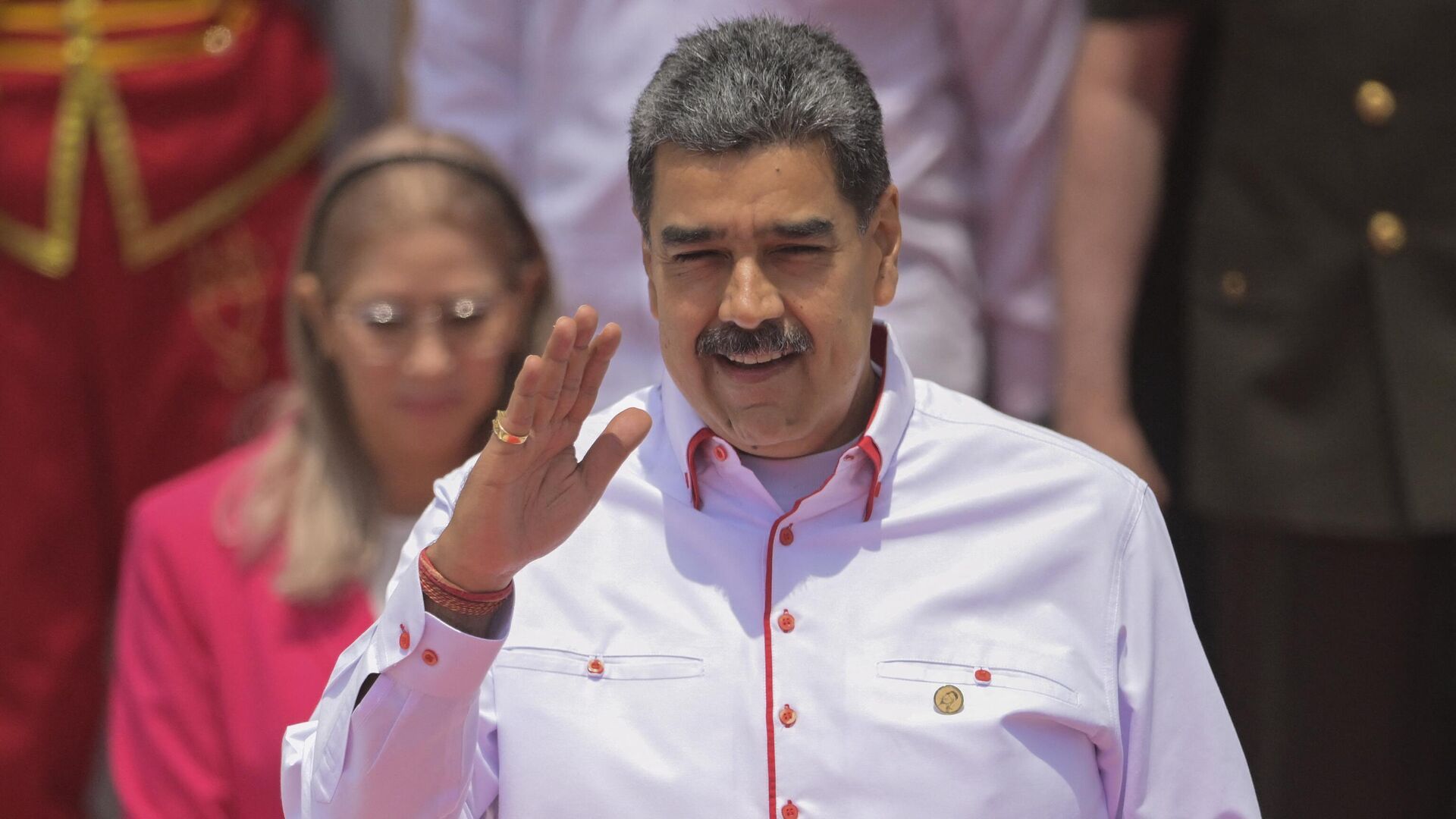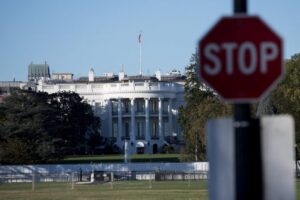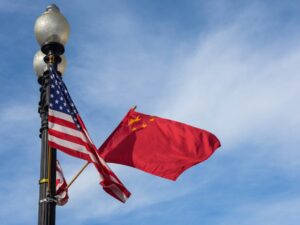
At the 54th General Assembly of the Organization of American States (OAS), held in Asunción, Paraguay, the critical political situation in Venezuela was not included in the formal agenda of topics to be discussed, according to the latest analysis by Expediente Público. The meeting focused on the prolonged crisis in Haiti and Nicaragua, as well as the military uprising in Bolivia.
During the meeting, the foreign ministers of Uruguay and Argentina spontaneously expressed their concern about the lack of transparency and competitiveness in the Venezuelan electoral process. Omar Paganini, Uruguayan foreign minister, pointed out that Nicolás Maduro is seeking re-election in a context marked by “the restriction of candidates to stand,” as well as by “intimidation and political persecution of people.”
Political persecution has strained relations between Caracas and the new Argentine government of Javier Milei. At the same forum, Argentine Foreign Minister Diana Mondino denounced that the Miraflores regime has not provided safe-conduct passes so that six leaders of Vente Venezuela, led by María Corina Machado, can leave the official residence of the Argentine ambassador in Caracas, where they are refugees.
Although Venezuela was not represented at the summit, Guyana’s foreign minister, Hugh Todd, accused Caracas of being “a major threat to the sovereignty and territorial integrity” of his country, as well as affecting the security of the hemisphere. For his part, Brazilian Foreign Minister Mauro Vieira reiterated the need for the Venezuelan presidential elections to have a large presence of international observers, a requirement that, according to him, has not yet been met.
Who would recognize the reelection of Nicolás Maduro?
The former representative of Juan Guaidó’s interim government before the OAS, Gustavo Tarre Briceño, stated that only Mexico and some Caribbean archipelagos would immediately recognize a reelection of Maduro. In an interview with Public FileTarre indicated that Maduro finds himself in a progressive international isolation.
Following the signing of the Barbados Agreement in October 2023, which seemed to be the beginning of a peaceful solution to the political crisis in Venezuela, the Maduro regime backtracked. It initiated a criminal prosecution against the organizers of the opposition primary and maintained the disqualification against the winner, María Corina Machado, and her substitute, Corina Yoris. The political police also intensified the persecution against Machado’s direct assistants, local leaders of Vente Venezuela, journalists and critics of the regime. At the end of June, the Penal Forum reported 288 political prisoners in the country.
The electoral authority, dominated by the ruling party, withdrew the invitation for the European Union to send an electoral observation mission, allowing only a limited mission by the Carter Center.
Mylos Alcalay, a former Venezuelan ambassador, described the invitation to other observers as “electoral tourism.” In statements to Expediente Público, Alcalay expressed serious doubts about the possible reelection of Maduro without qualified international observers.
The Guyanese noise
The conflict over the Essequibo territory has also disrupted Venezuela’s international relations. In November 2023, the regime promoted an “electoral consultation” on the issue and approved a law that annexes 140 thousand square kilometers of Guyanese space to Venezuela, ignoring the jurisdiction of the International Court of Justice and designating a military authority for the territory.
Surprisingly, Cuba, a traditional ally of Venezuela, has shown cracks in its support for the Maduro regime, backing the Guyanese position. This reflects a change in the dynamics of ideological solidarity, where national interests prevail.
The territorial dispute also forced China to show caution. Venezuelan Foreign Minister Yván Gil returned from a trip to Beijing without obtaining the necessary resources to advance joint cooperation plans.
If the opposition wins the elections, according to former ambassador Alcalay, Venezuela should resume its participation in multinational forums such as the OAS and the Andean Community, and adopt a more proactive stance in defense of democracies through the UN.
Source: https://reporteasia.com/relaciones-diplomaticas/2024/07/07/la-crisis-venezolana-ausente-en-la-54a-asamblea-general-de-la-oea/

